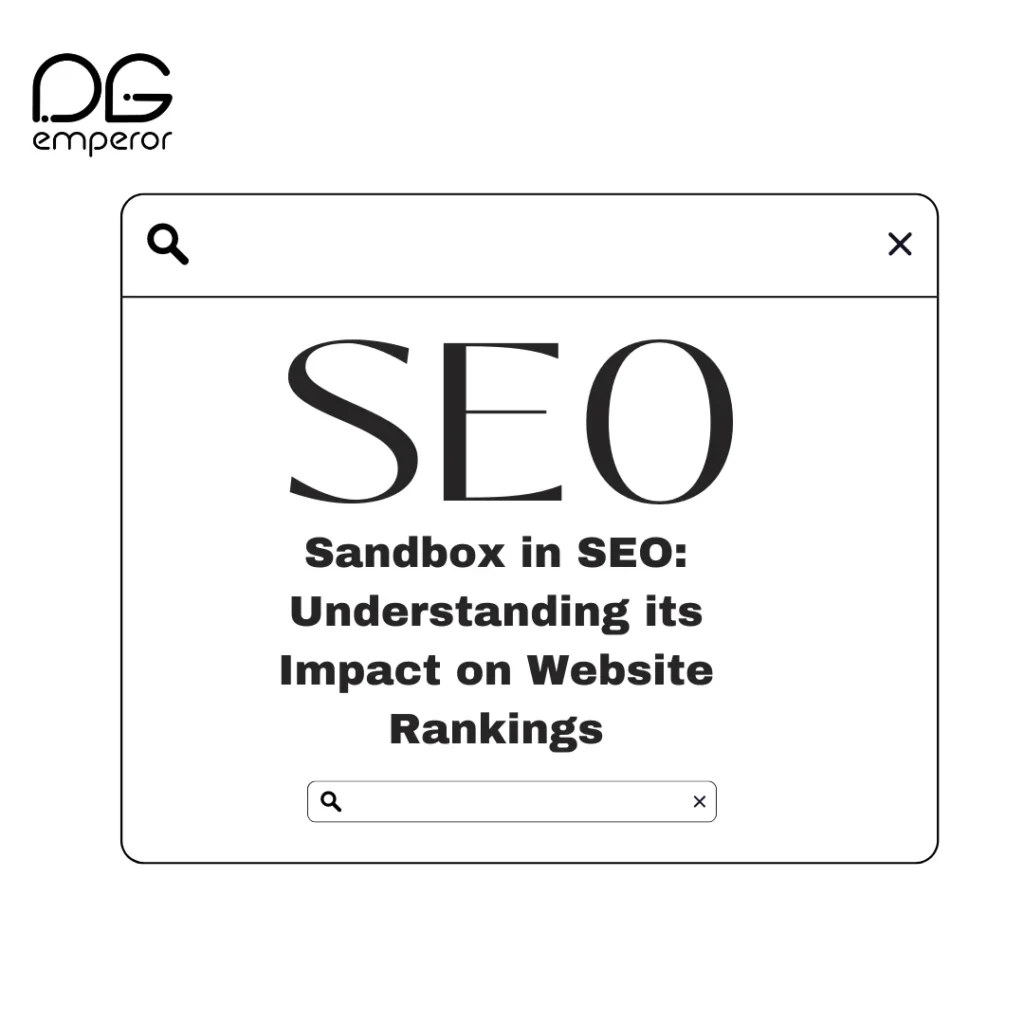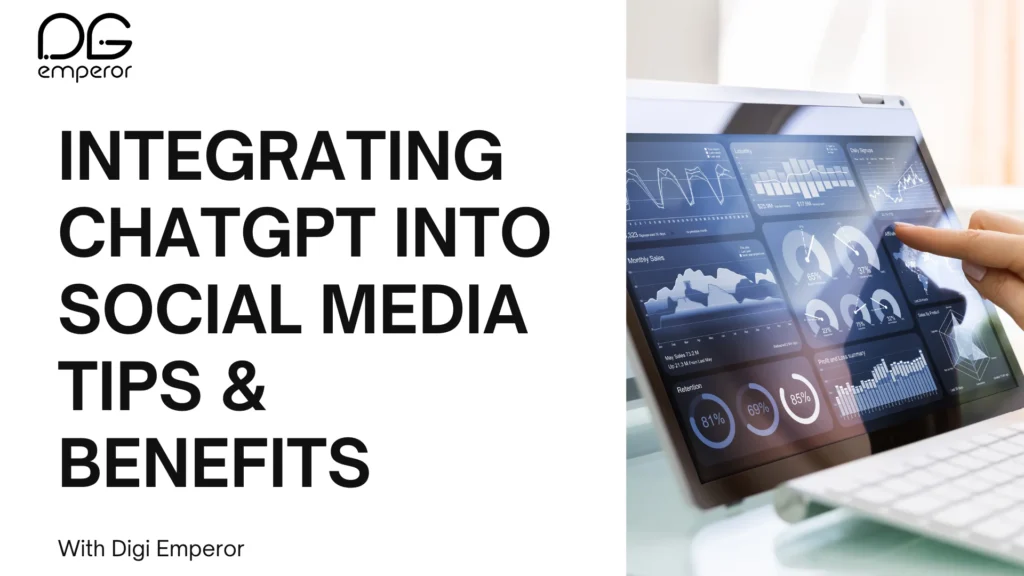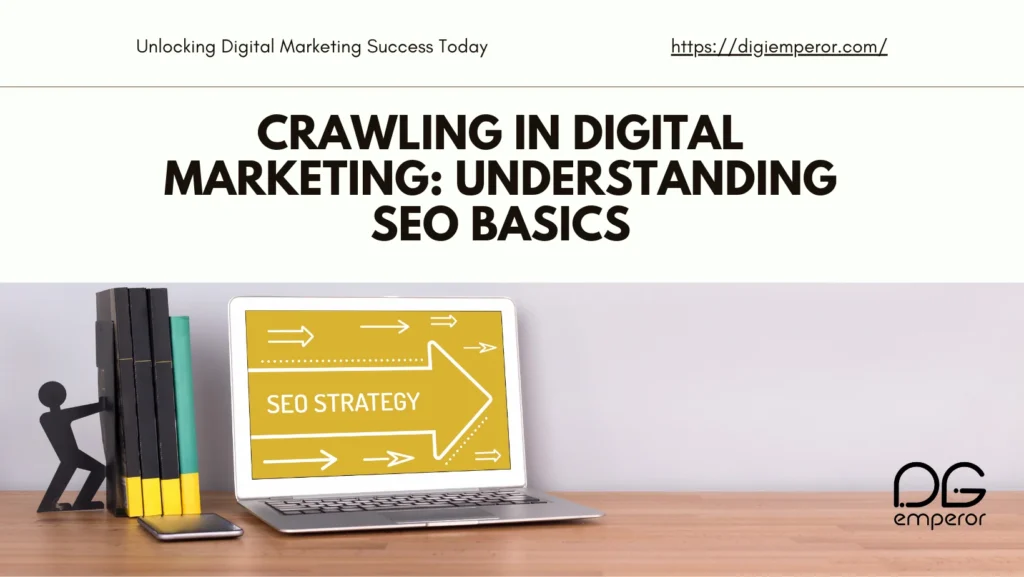Table of Contents
Digital marketing is crucial for businesses looking to thrive in today’s online growing space. Confused about how many main pillars of digital marketing? Let’s Understand the main pillars of digital marketing which helps businesses create effective strategies tailored to their needs. Let’s explore the seven core pillars of digital marketing and how they can be leveraged to achieve business goals.
Embarking on a journey in Digital Marketing demands more than just theoretical knowledge—it requires hands-on experience, expert guidance, and a deep understanding of the industry’s nuances. By enrolling in a Digital Marketing Coaching Classroom Programme, candidates can elevate their preparation to the next level.
Search Engine Optimization (SEO)
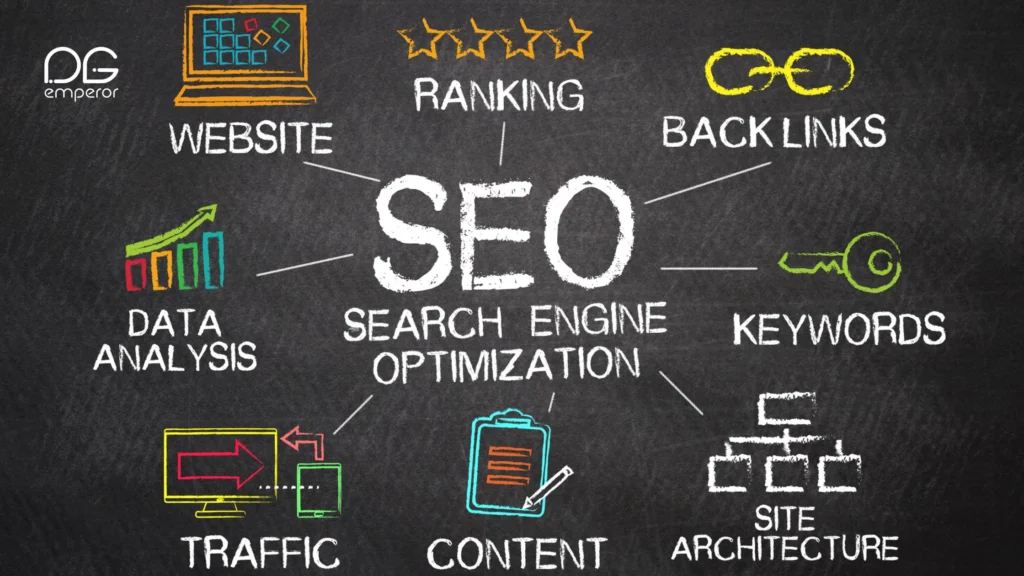
What is SEO?
Search Engine Optimization (SEO) is the practice of enhancing a website’s visibility on search engine results pages (SERPs) by optimizing various elements of the website. This includes both on-page and off-page strategies aimed at improving the site’s ranking for relevant search queries.
Why SEO Matters?
SEO is essential because it helps businesses attract organic (non-paid) traffic, which is often more valuable than paid traffic due to its higher conversion rates. Effective SEO can lead to sustained growth in website traffic and brand visibility. For businesses targeting high-income groups in India, strong SEO practices can position their brand as an industry leader, attracting a discerning audience looking for premium products or services.
Key Components of SEO:
- Keyword Research: Identifying the search terms that potential customers use and incorporating these keywords strategically into website content.
- On-Page SEO: This includes optimizing meta tags, headers, content, and internal links to improve the relevance and readability of the site for both users and search engines.
- Off-Page SEO: Building backlinks from reputable websites to increase the authority and trustworthiness of your site.
Best Practices for SEO:
- High-Quality Content: Produce content that is valuable, engaging, and tailored to your target audience’s needs.
- Mobile Optimization: Ensure your website is fully responsive, providing a seamless experience on mobile devices.
- Regular Updates: Continuously update and expand your website content to keep it relevant and engaging.
Advanced SEO Techniques:
- Voice Search Optimization: With the rise of voice-activated search, optimizing for natural language queries can help capture more traffic.
- User Experience (UX): Improving the overall UX, including site navigation, design, and load times, can positively impact SEO.
Content Marketing

What is Content Marketing?
Content marketing focuses on creating and distributing valuable, relevant, and consistent content to attract and retain a clearly defined audience. The ultimate goal is to drive profitable customer actions by providing informative and engaging content that addresses the audience’s needs.
Why Content Marketing Matters?
Content marketing helps build trust and credibility with your audience. By consistently providing valuable information, businesses can position themselves as industry leaders. For high-income groups in India, high-quality content can enhance brand perception and drive customer loyalty.
Key Components of Content Marketing:
- Blogging: Regularly publishing informative blog posts that address common customer questions and industry trends.
- Infographics: Using visual representations to simplify complex information and make it more digestible.
- Videos: Creating engaging and informative video content to reach a broader audience.
Best Practices for Content Marketing:
- Audience Research: Conduct thorough research to understand your audience’s preferences, pain points, and interests.
- Consistent Posting: Maintain a regular publishing schedule to keep your audience engaged and coming back for more.
- Multi-Format Content: Diversify your content types to cater to different audience preferences, including articles, videos, infographics, and podcasts.
Content Marketing Strategies:
- Storytelling: Use storytelling to make your content more relatable and memorable.
- SEO Integration: Optimize your content for search engines to increase its visibility and reach.
- Guest Blogging: Collaborate with industry influencers to expand your reach and credibility.
Social Media Marketing
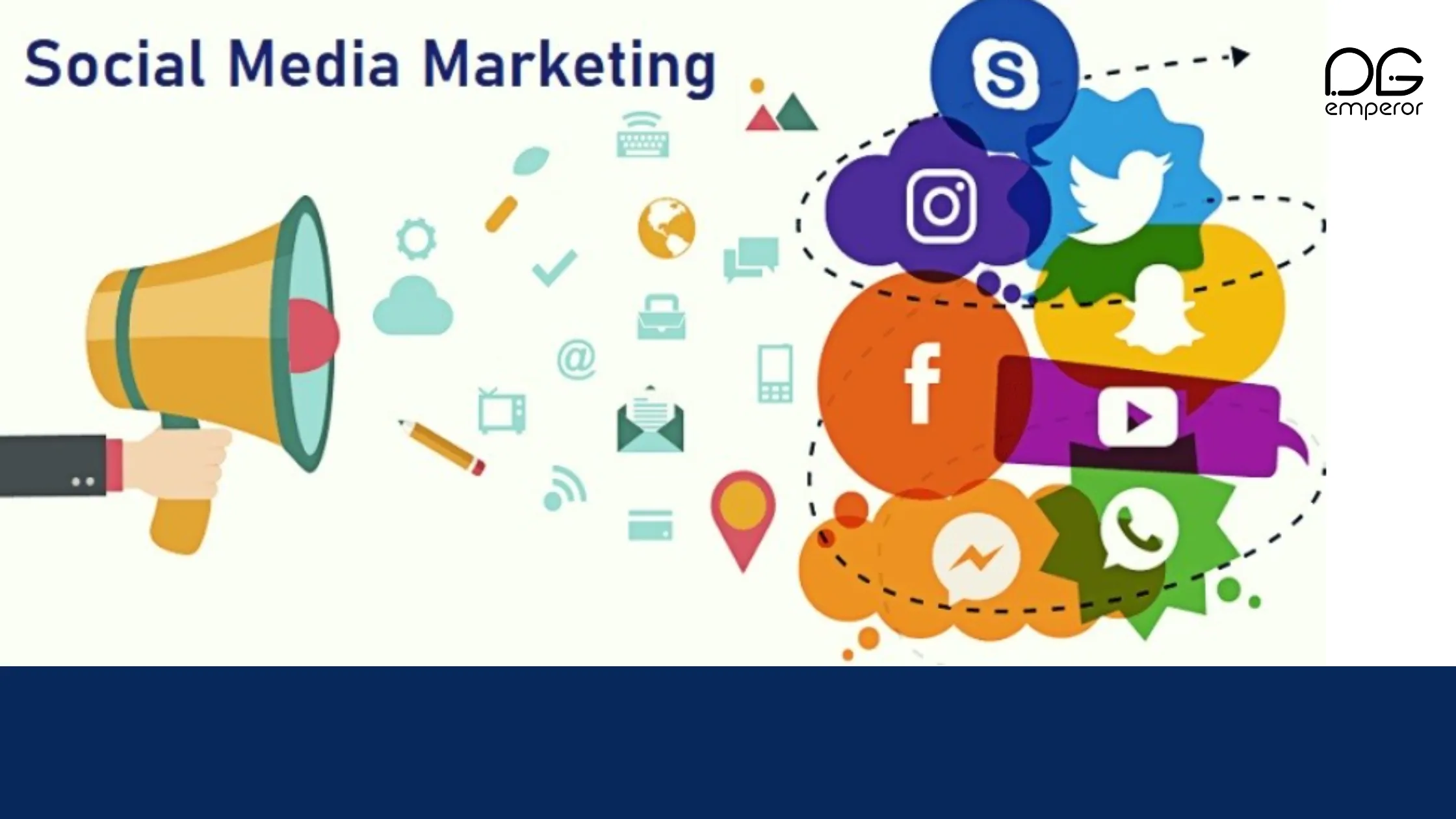
What is Social Media Marketing?
Social media marketing involves using social media platforms to promote your brand, products, or services. It allows businesses to connect with their audience on a personal level and engage in two-way communication.
Why Social Media Marketing Matters?
Social media platforms like Facebook, Instagram, and Twitter are powerful tools for building brand awareness and engaging with customers. For businesses targeting high-income groups in India, social media provides an opportunity to connect with a sophisticated audience and showcase premium offerings.
Key Components of Social Media Marketing:
- Platform Selection: Choose the right social media platforms based on where your target audience spends their time.
- Content Creation: Develop content that is tailored to each platform’s unique features and audience preferences.
- Engagement: Actively engage with your audience through comments, messages, and live interactions.
Best Practices for Social Media Marketing:
- Platform-Specific Strategies: Customize your content and engagement strategies for each social media platform.
- Visual Content: Use high-quality images, videos, and graphics to capture attention and drive engagement.
- Analytics: Regularly review social media analytics to understand what content performs best and refine your strategy accordingly.
Advanced Social Media Techniques:
- Influencer Collaborations: Partner with influencers who resonate with your target audience to expand your reach.
- Social Listening: Monitor social media channels for mentions of your brand and industry to stay informed and responsive.
- Paid Campaigns: Utilize paid advertising options on social media platforms to target specific demographics and achieve faster results.
Pay-Per-Click Advertising (PPC)
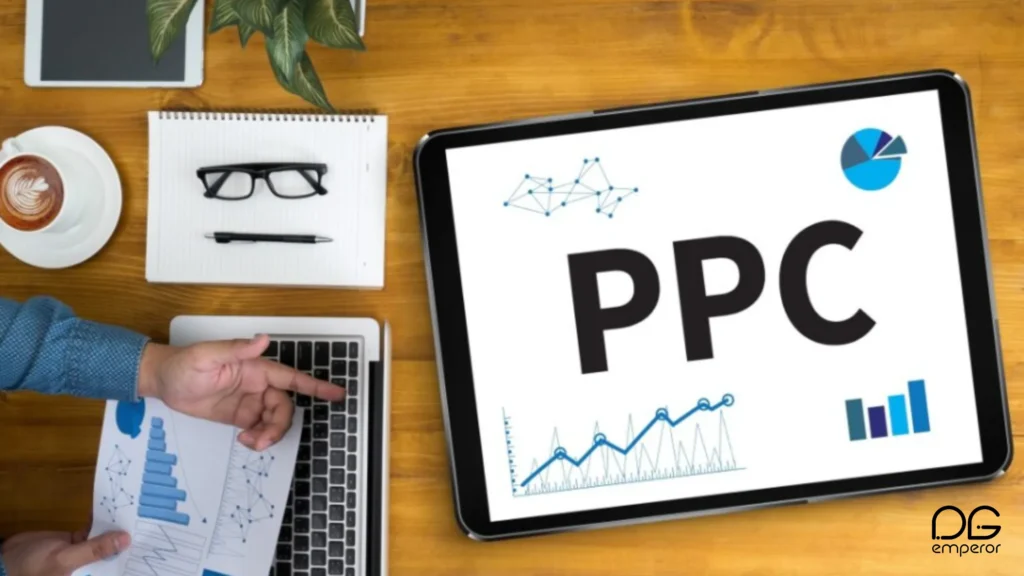
What is PPC?
Pay-Per-Click (PPC) advertising is a digital marketing model where advertisers pay a fee each time their ad is clicked. It is a method of buying visits to your site rather than attempting to earn those visits organically.
Why PPC Matters?
PPC provides immediate visibility and can drive highly targeted traffic to your website. For businesses targeting high-income groups in India, PPC can be a cost-effective way to reach affluent customers who are actively searching for premium products or services.
Key Components of PPC:
- Google Ads: Creating and managing ad campaigns on Google’s advertising platform.
- Social Media Ads: Running targeted ads on social media platforms such as Facebook, Instagram, and LinkedIn.
- Keyword Bidding: Bidding on relevant keywords to ensure your ads appear in search results.
Best Practices for PPC:
- Keyword Research: Conduct thorough keyword research to identify terms that potential customers are using.
- Ad Copy: Write compelling ad copy that encourages clicks and conversions.
- Landing Pages: Optimize your landing pages to ensure they are relevant to the ad and designed to convert visitors.
Advanced PPC Strategies:
- Remarketing: Use remarketing campaigns to re-engage users who have previously visited your website.
- A/B Testing: Continuously test different ad copies, images, and landing pages to find the most effective combinations.
- Conversion Tracking: Implement conversion tracking to measure the effectiveness of your PPC campaigns and optimize accordingly.
Email Marketing
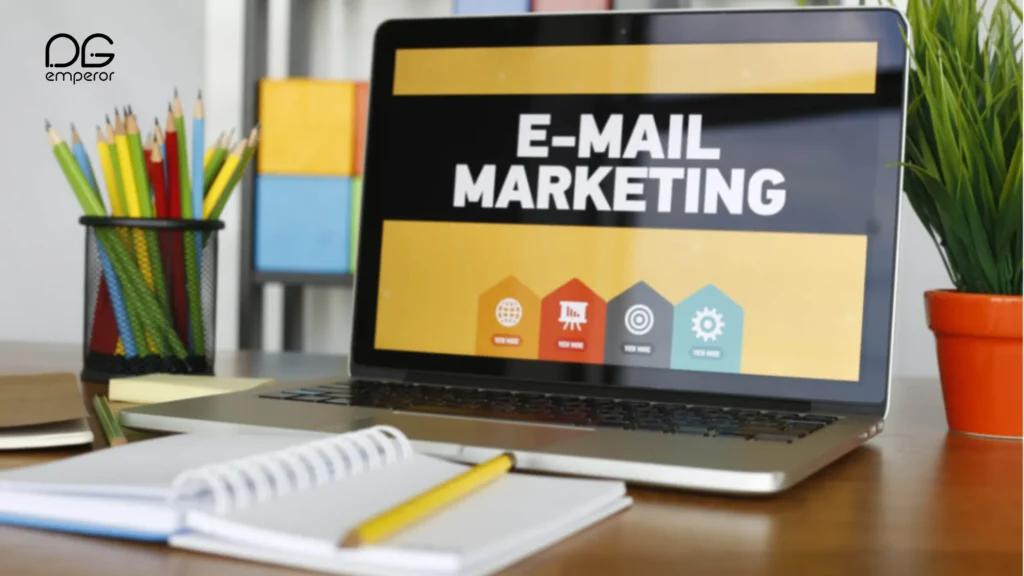
What is Email Marketing?
Email marketing involves sending targeted messages to a list of subscribers to promote products, share news, or build relationships. It is a direct and personalized form of communication that can be highly effective when executed correctly.
Why Email Marketing Matters?
Email marketing is one of the most cost-effective marketing channels, offering a high return on investment (ROI). For businesses targeting high-income groups in India, email marketing can deliver personalized messages that resonate with affluent customers, fostering loyalty and repeat business.
Key Components of Email Marketing:
- Subscriber List: Building and maintaining a list of email subscribers who have opted in to receive communications from your brand.
- Content Creation: Crafting emails that are engaging, informative, and tailored to the interests of your audience.
- Automation: Using email marketing software to automate campaigns based on customer behavior and preferences.
Best Practices for Email Marketing:
- Segmentation: Segment your email list based on demographics, behavior, and preferences to send more targeted messages.
- Engaging Subject Lines: Write subject lines that grab attention and encourage recipients to open your emails.
- Call to Action: Include clear and compelling calls to action in your emails to drive conversions.
Advanced Email Marketing Techniques:
- Personalization: Use personalization tokens to address recipients by name and tailor content to their interests.
- Triggered Emails: Set up automated emails that are triggered by specific actions, such as abandoned cart emails or welcome series.
- Analytics: Regularly analyze email performance metrics to understand what works best and make data-driven improvements.
Affiliate Marketing

What is Affiliate Marketing?
Affiliate marketing involves partnering with other businesses or influencers to promote your products or services. Affiliates earn a commission for every sale or lead they generate, creating a performance-based marketing model.
Why Affiliate Marketing Matters?
Affiliate marketing allows businesses to leverage the reach and influence of others to drive sales and increase brand visibility. For Indian businesses, partnering with local influencers and publishers can effectively tap into high-income markets.
Key Components of Affiliate Marketing:
- Partnerships: Identifying and collaborating with affiliates who align with your brand and have an engaged audience.
- Commission Structure: Defining a fair and motivating commission plan that incentivizes affiliates to promote your products effectively.
- Tracking and Analytics: Using tracking tools to monitor affiliate performance and attribute sales or leads accurately.
Best Practices for Affiliate Marketing:
- Affiliate Selection: Choose affiliates who align with your brand values and have a genuine connection with your target audience.
- Transparent Communication: Maintain clear and open communication with your affiliates to set expectations and provide support.
- Performance Incentives: Offer bonuses or higher commissions to top-performing affiliates to motivate them.
Advanced Affiliate Marketing Techniques:
- Exclusive Offers: Provide affiliates with exclusive offers or discount codes to share with their audience.
- Content Collaboration: Work with affiliates to create co-branded content that adds value and attracts more customers.
- Affiliate Networks: Join affiliate networks to access a broader pool of potential partners and streamline management.
Influencer Marketing
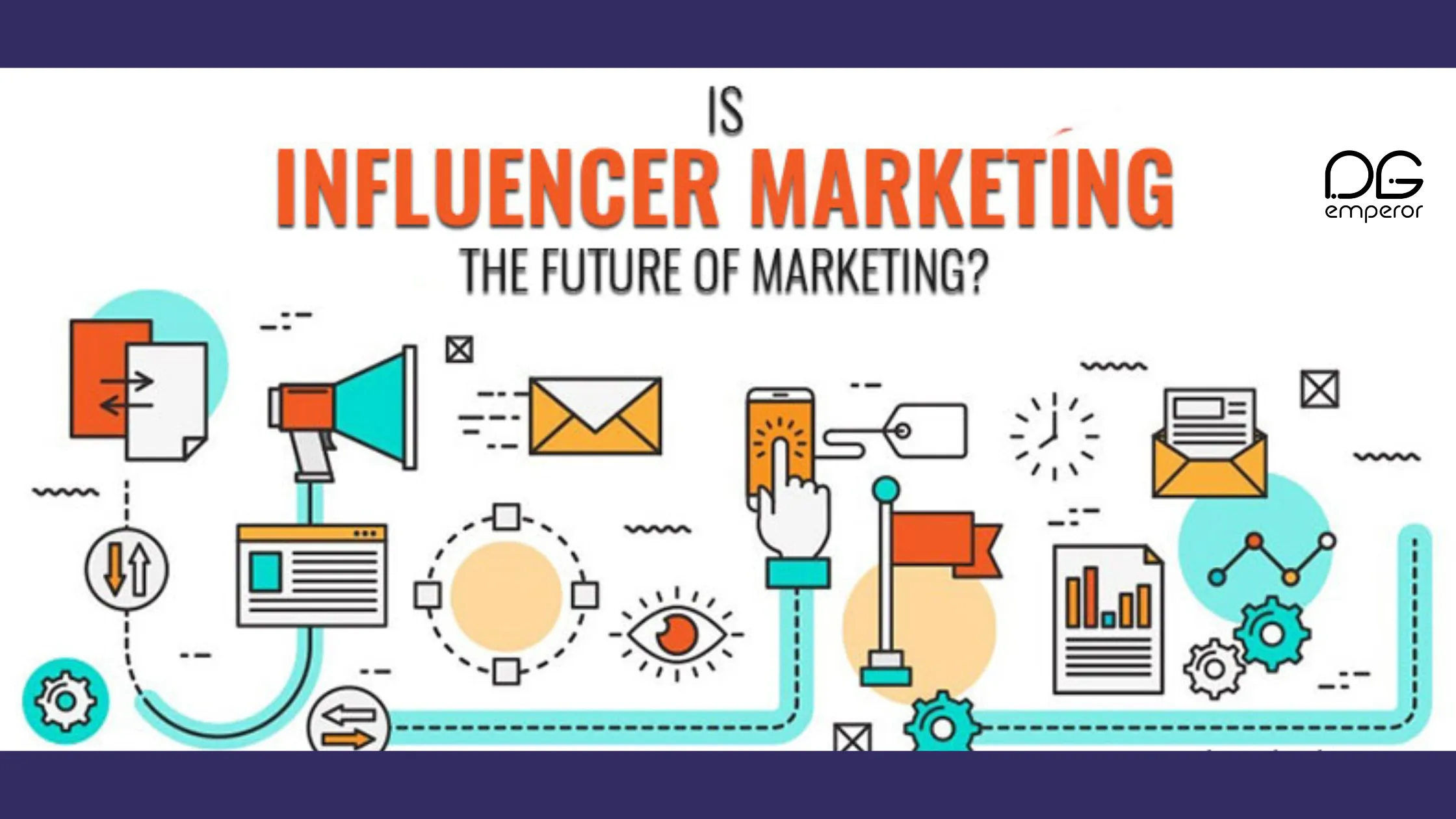
What is Influencer Marketing?
Influencer marketing involves collaborating with influencers—individuals with a significant following on social media or other platforms—to promote your brand. Influencers can help amplify your message and reach a larger audience.
Why Influencer Marketing Matters?
Influencer marketing leverages the trust and authenticity that influencers have built with their followers. For businesses targeting high-income groups in India, partnering with influencers who resonate with this demographic can effectively boost brand credibility and drive sales.
Key Components of Influencer Marketing:
- Influencer Identification: Finding influencers who align with your brand values and have an engaged following that matches your target audience.
- Campaign Goals: Defining clear goals for your influencer marketing campaign, such as brand awareness, engagement, or sales.
- Content Collaboration: Working with influencers to create authentic and engaging content that highlights your brand.
Best Practices for Influencer Marketing:
- Authenticity: Choose influencers who genuinely believe in your brand and can authentically promote your products.
- Clear Agreements: Establish clear terms and expectations for the collaboration, including deliverables, timelines, and compensation.
- Performance Tracking: Use analytics to measure the success of your influencer campaigns and refine your strategy accordingly.
Advanced Influencer Marketing Strategies:
- Micro-Influencers: Partner with micro-influencers who have smaller but highly engaged followings for more targeted campaigns.
- Long-Term Relationships: Build long-term partnerships with influencers to create consistent and ongoing brand advocacy.
- Cross-Platform Campaigns: Extend your influencer marketing efforts across multiple platforms to maximize reach and impact.
Local SEO

What is Local SEO?
Local SEO focuses on optimizing your online presence to attract more business from relevant local searches. It involves strategies to improve your visibility in local search results, such as Google My Business listings and local citations.
Why Local SEO Matters?
Local SEO is crucial for businesses that rely on local customers. For high-income groups in India, being visible in local search results can drive foot traffic and local sales. It helps businesses stand out in their immediate geographical area and attract nearby customers.
Key Components of Local SEO:
- Google My Business: Claiming and optimizing your Google My Business profile to appear in local search results and maps.
- Local Citations: Ensuring your business information is consistent across various online directories.
- Customer Reviews: Encouraging satisfied customers to leave positive reviews on platforms like Google and Yelp.
Best Practices for Local SEO:
- Accurate Information: Ensure your business name, address, and phone number (NAP) are consistent across all online listings.
- Local Keywords: Incorporate local keywords into your website content and meta tags to improve local search visibility.
- Engage with Reviews: Respond to customer reviews to show that you value feedback and are committed to customer satisfaction.
Advanced Local SEO Strategies:
- Local Content: Create content that is relevant to your local audience, such as blog posts about local events or news.
- Hyperlocal Targeting: Use hyperlocal targeting to reach customers in specific neighborhoods or areas.
- Schema Markup: Implement local schema markup to provide search engines with more information about your business.
Technical SEO

What is Technical SEO?
Technical SEO involves optimizing the technical aspects of your website to improve its performance and make it easier for search engines to crawl and index. This includes site speed, mobile-friendliness, SSL, and more.
Why Technical SEO Matters?
Technical SEO ensures that your website meets the technical requirements of search engines, leading to improved organic rankings. For businesses targeting high-income groups in India, a technically sound website provides a better user experience, which can increase engagement and conversions.
Key Components of Technical SEO:
- Site Speed: Optimizing your website to load quickly.
- Mobile-Friendliness: Ensuring your website is responsive and works well on all devices.
- Secure Socket Layer (SSL): Implementing SSL to secure your website and build trust with visitors.
Best Practices for Technical SEO:
- Regular Audits: Conduct regular SEO audits to identify and fix technical issues.
- Structured Data: Use structured data to help search engines understand your content.
- XML Sitemaps: Create and submit an XML sitemap to search engines to improve site indexing.
Advanced Technical SEO Techniques:
- Core Web Vitals: Optimize your website to meet Google’s Core Web Vitals metrics for better performance and user experience.
- Canonical Tags: Use canonical tags to avoid duplicate content issues and consolidate link equity.
- HTTP/2: Upgrade to HTTP/2 to improve website loading speed and security.
At Digi Emperor, we understand the dynamic landscape of Digital Marketing and the evolving demands of the industry. Our comprehensive course is meticulously crafted to equip participants with the tools, techniques, and insights necessary to thrive in this competitive domain.
In the next blog, we’ll delve deeper into each pillar, exploring best practices, case studies, and actionable insights to help you unlock the full potential of Digital Marketing in your business. Whether you’re a seasoned marketer or just starting your digital journey, stay tuned for an in-depth exploration of how to harness the power of each pillar to propel your marketing efforts to new heights.
FAQ
1. What is digital marketing, and why is it important?
Digital marketing involves using digital channels such as websites, social media, email, and search engines to promote products or services. It’s important because it allows businesses to reach a larger, more targeted audience, engage with customers in real-time, and measure the effectiveness of their marketing efforts.
2. How does SEO help my business?
Search Engine Optimization (SEO) helps your business by improving your website’s visibility on search engines. This increased visibility can drive more organic traffic to your site, leading to higher conversion rates and greater brand awareness. Effective SEO practices ensure that your website ranks well for relevant keywords, making it easier for potential customers to find you.
3. What is the role of content marketing?
Content marketing involves creating and sharing valuable content to attract and engage your target audience. It builds trust with your audience, positions your brand as an industry authority, and supports other marketing efforts such as SEO and social media marketing. Quality content can drive traffic, generate leads, and boost customer loyalty.
4. How can social media marketing benefit my business?
Social media marketing benefits your business by increasing brand awareness, driving traffic to your website, and engaging with customers directly. It allows you to reach a large audience, promote your products or services, and build a community around your brand. Platforms like Facebook, Instagram, and Twitter offer targeted advertising options to reach specific demographics.
5. What is Pay-Per-Click (PPC) advertising, and how does it work?
PPC advertising is a model where advertisers pay a fee each time their ad is clicked. It works by bidding on keywords relevant to your business, and your ads appear on search engines or social media platforms when users search for those keywords. PPC provides immediate visibility and can drive highly targeted traffic to your website, making it an effective way to generate leads and sales.
6. Why is email marketing still relevant?
Email marketing remains relevant because it is a direct and personalized form of communication. It allows businesses to send targeted messages to their audience, fostering relationships, promoting products, and driving sales. Email marketing offers a high return on investment (ROI) and can be automated to deliver timely and relevant content based on customer behavior.
7. How does affiliate marketing work?
Affiliate marketing involves partnering with other businesses or influencers who promote your products in exchange for a commission on sales generated through their referrals. It leverages the reach and influence of affiliates to drive sales and increase brand visibility. Affiliates use unique tracking links to attribute sales to their efforts, and businesses pay commissions based on performance.
8. What is influencer marketing?
Influencer marketing involves collaborating with influencers who have a significant following on social media or other platforms to promote your brand. Influencers can help amplify your message, reach a larger audience, and build trust with potential customers. This type of marketing is particularly effective for targeting niche audiences and enhancing brand credibility.
9. What is local SEO, and why is it important?
Local SEO focuses on optimizing your online presence to attract more business from relevant local searches. It is important for businesses that serve specific geographical areas as it helps them appear in local search results and attract nearby customers. Local SEO involves optimizing Google My Business profiles, using local keywords, and encouraging customer reviews.
10. How does technical SEO impact my website?
Technical SEO involves optimizing the technical aspects of your website to improve its performance and make it easier for search engines to crawl and index. This includes improving site speed, ensuring mobile-friendliness, and implementing secure protocols (SSL). Technical SEO enhances user experience, which can lead to better search engine rankings and increased organic traffic.


